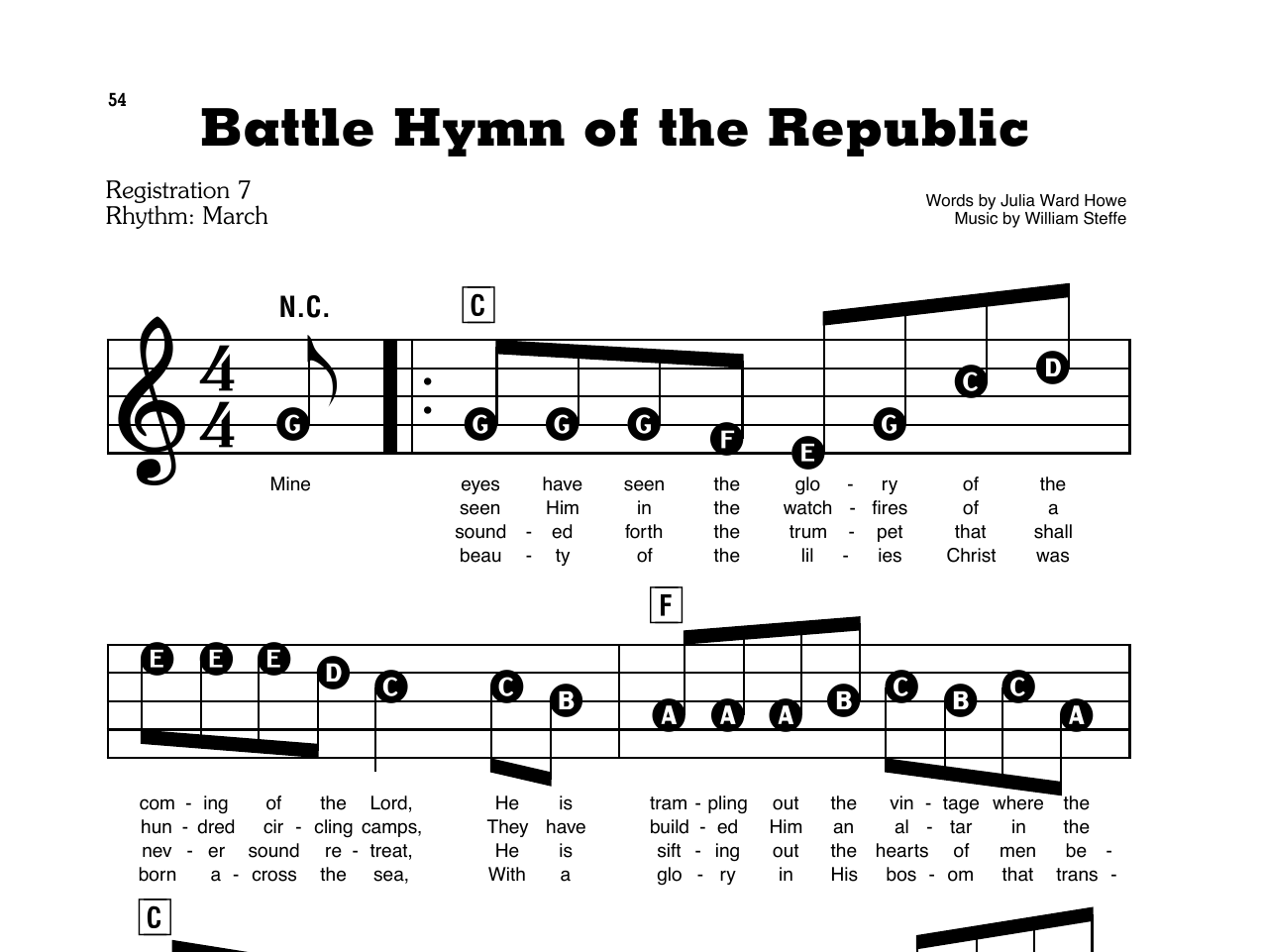Victory Requires a New Song, but at What Cost?
Reflecting on the Twenty-Second Sunday after Pentecost: One Day after Sunday (Year C)
Scripture (semicontinuous)
Psalter: Psalm 98
Old Testament: Haggai 2:10-19
Epistle: 2 Peter 1:16-21
Scripture (complementary)
Psalter: Psalm 123
Old Testament: Job 20:1-11
Epistle: 2 Peter 1:16-21
___
Prayer
God of faithful surprises, throughout the ages you have made known your love and power in unexpected ways and places. May we daily perceive the joy and wonde…
Keep reading with a 7-day free trial
Subscribe to Faith Seeking Understanding to keep reading this post and get 7 days of free access to the full post archives.




